An industrial visit to the 220 kV Receiving Station at Kemar, Karkala, was organized on October 29, 2024, to provide students with real-world exposure to substation operations and high-voltage power distribution systems.
Know More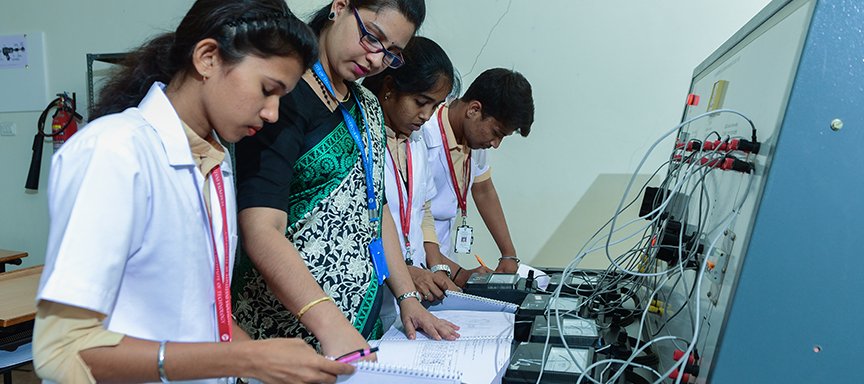
To equip aspirants with knowledge and experience in the field of Electrical and Electronics engineering and to prepare them for innovative, creative and successful careers in a global scenario.
The Department of Electrical and Electronics Engineering was established in the year 2008. The Department has a fine blend of renowned as well as young and dynamic personalities as the faculty members in providing quality education. The syllabus for the courses are continuously updated and the laboratories are modernized to reflect the rapid changes in technology. The Department has strong Industry interaction and has been involved in development of state-of-art products for Industry. It has extensive fabrication, calibration and testing facilities for carrying out industry sponsored research and consultancy projects. The students of this branch are placed in Electrical & Electronics field as well as in software companies.
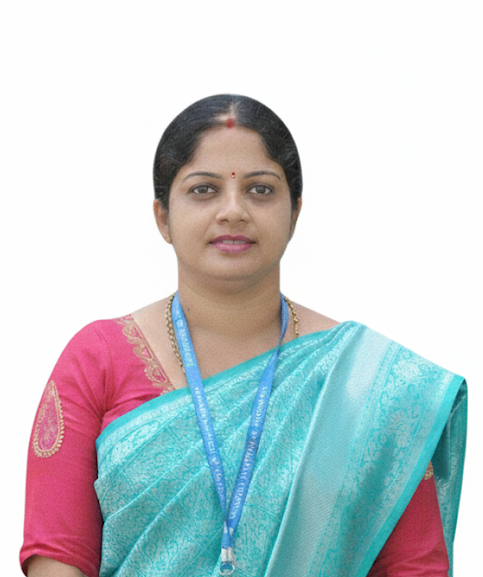

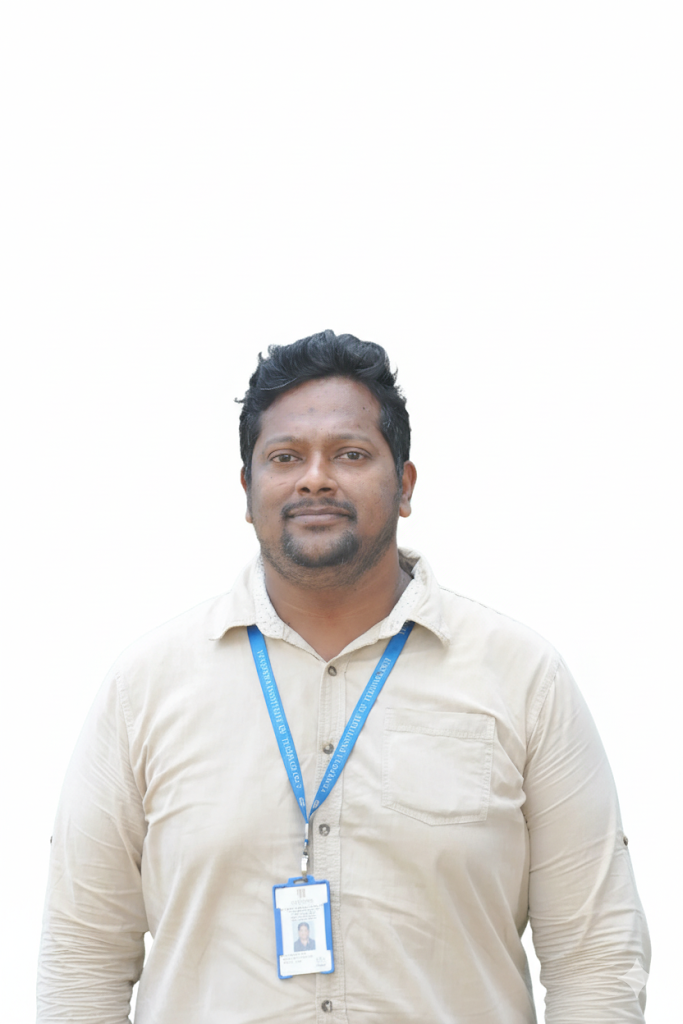
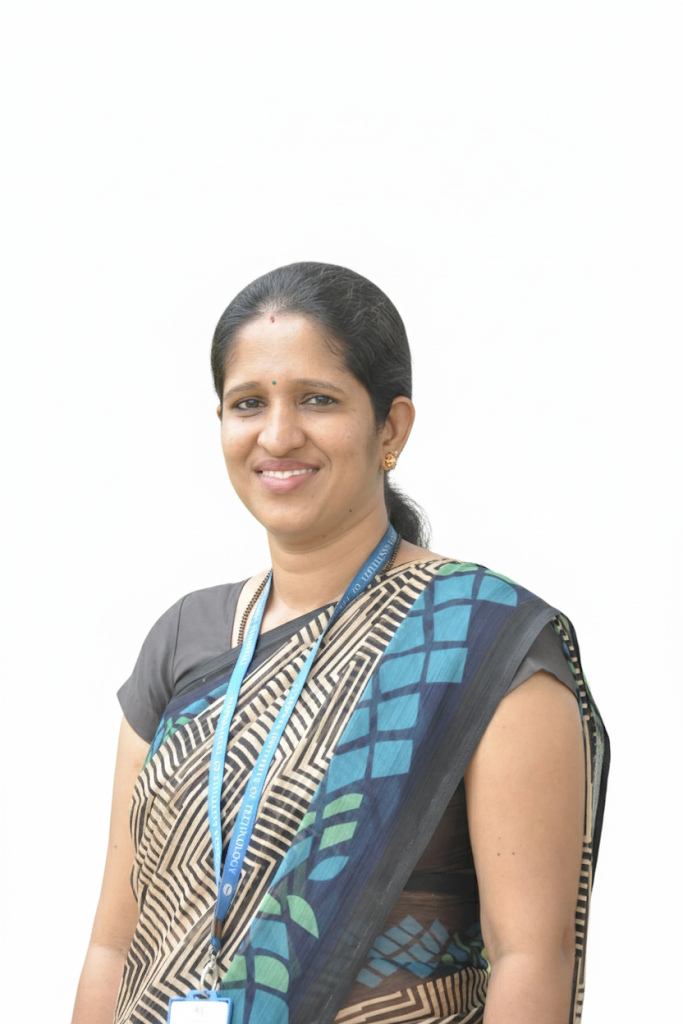
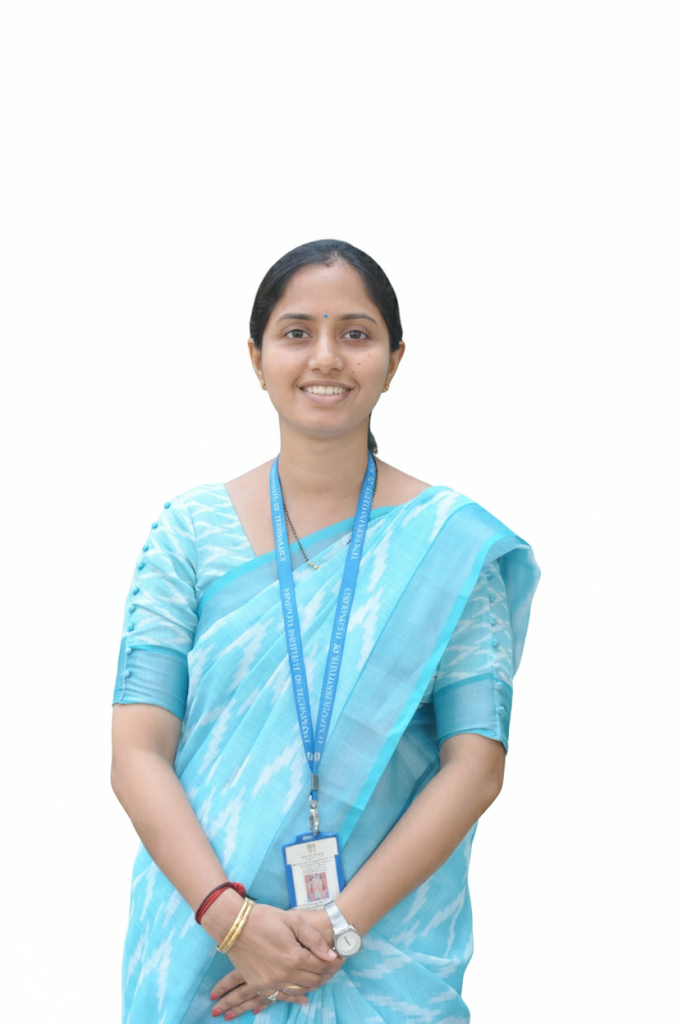
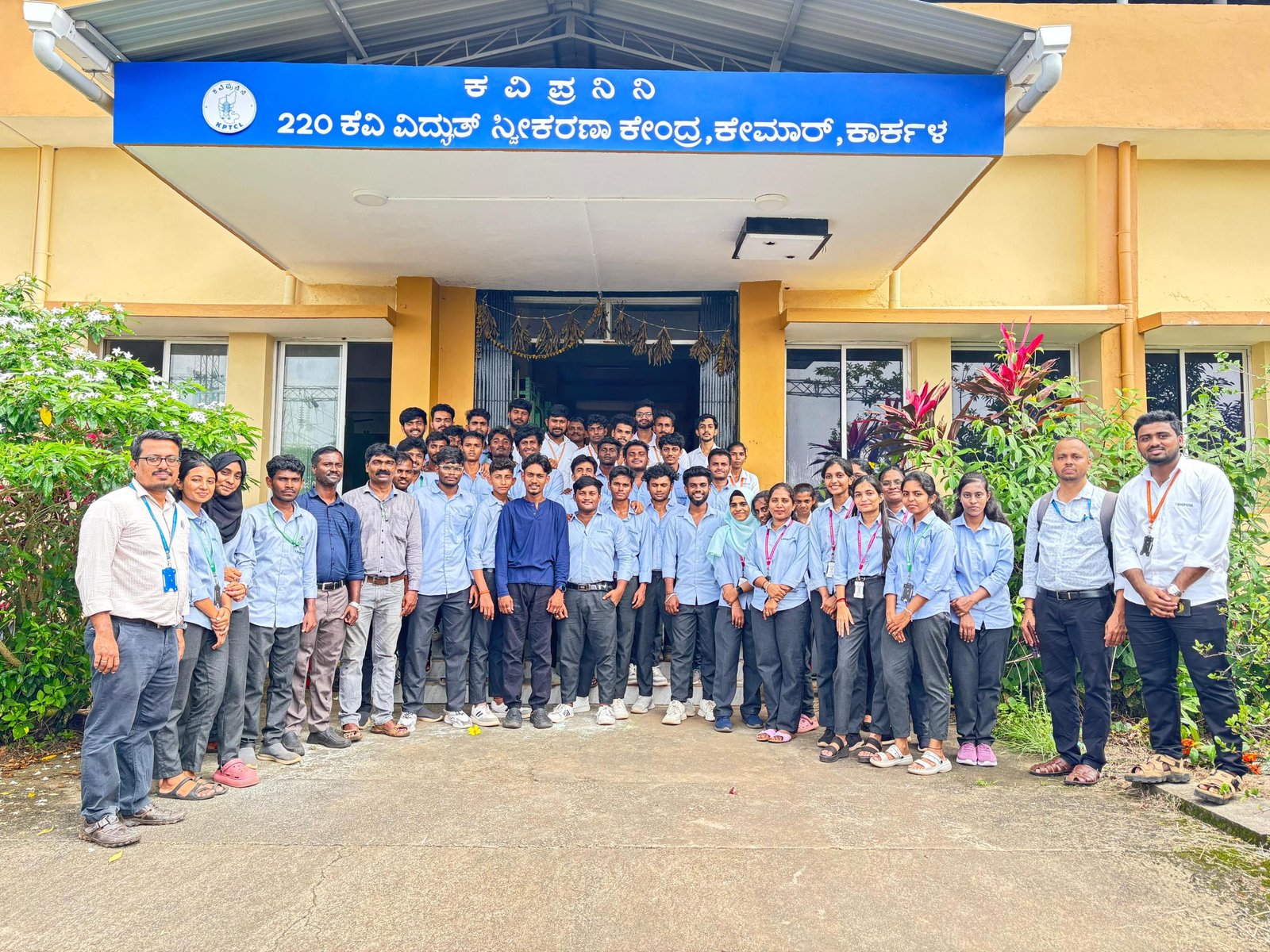
Department of Electrical & Electronics Engineering
An industrial visit to the 220 kV Receiving Station at Kemar, Karkala, was organized on October 29, 2024, to provide students with real-world exposure to substation operations and high-voltage power distribution systems.
Know More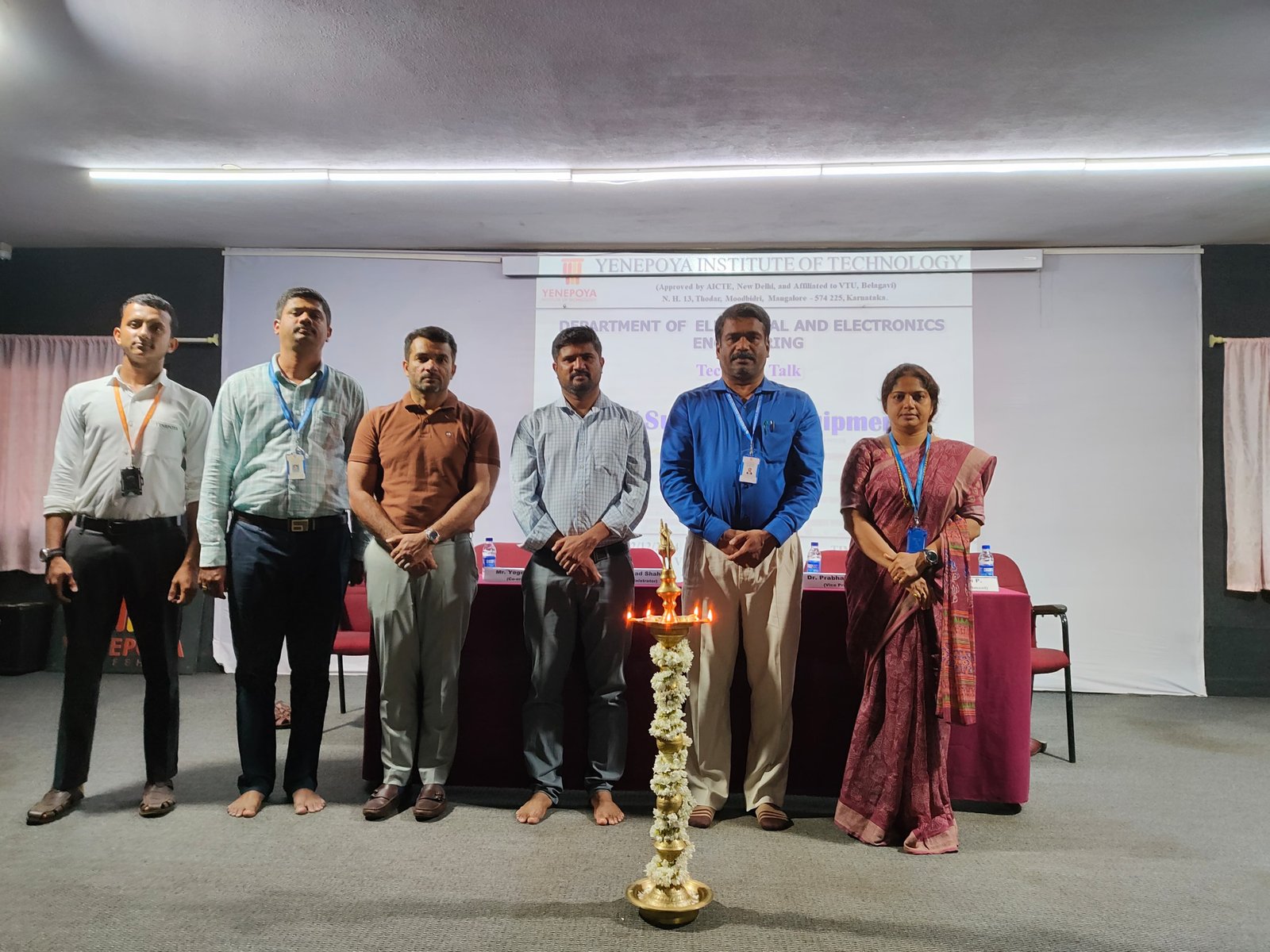
Department of Electrical & Electronics Engineering
To mark the inauguration of the Student Association on December 12, 2024, Mr. Sachin Acharya, Assistant Engineer (Electrical) at MESCOM’s O&M Subdivision in Karkala, delivered an engaging technical talk on Extra-High-Voltage (EHV) substation equipment
Know More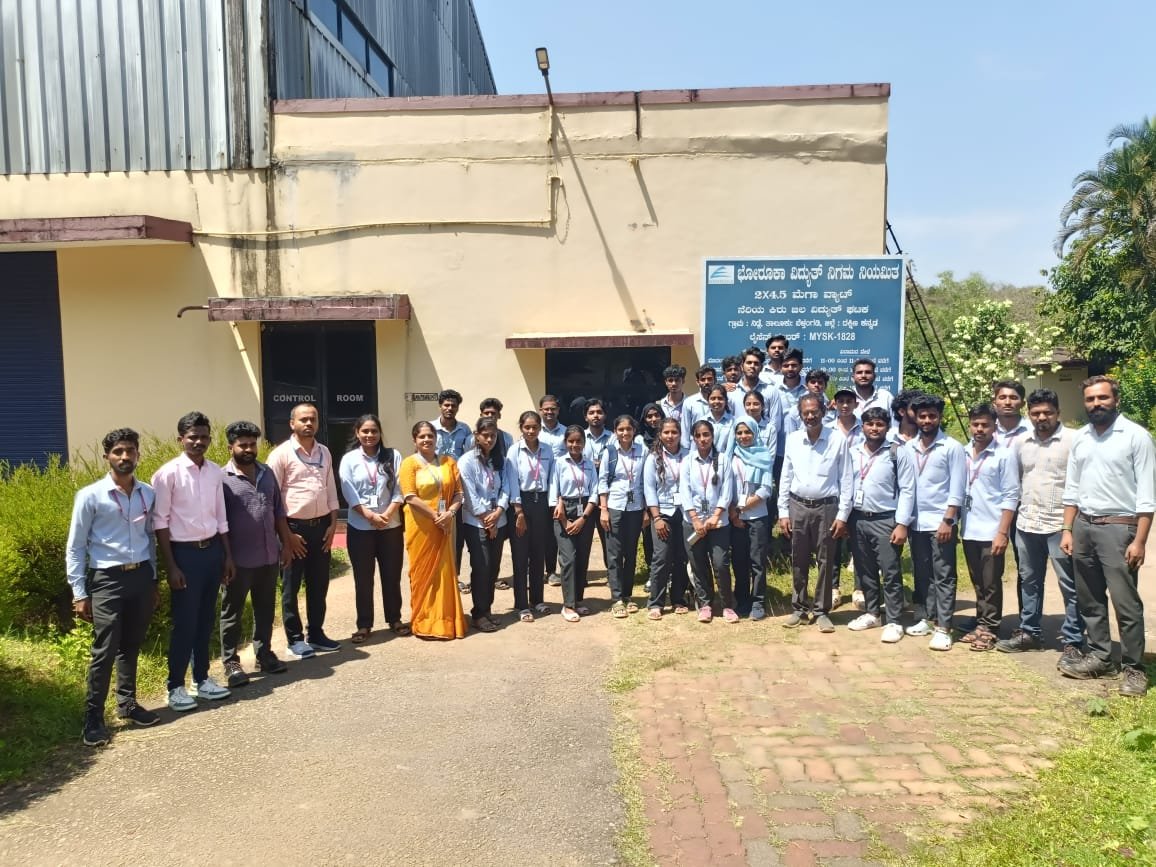
Department of Electrical & Electronics Engineering
An industry visit to the Bhoruka Mini Hydel Power Station in Beltangady was organized on February 25, 2025. The visit provided students with valuable insights into small-scale hydroelectric power generation, including turbine operation, power regulation, and eco-friendly energy production.
Know More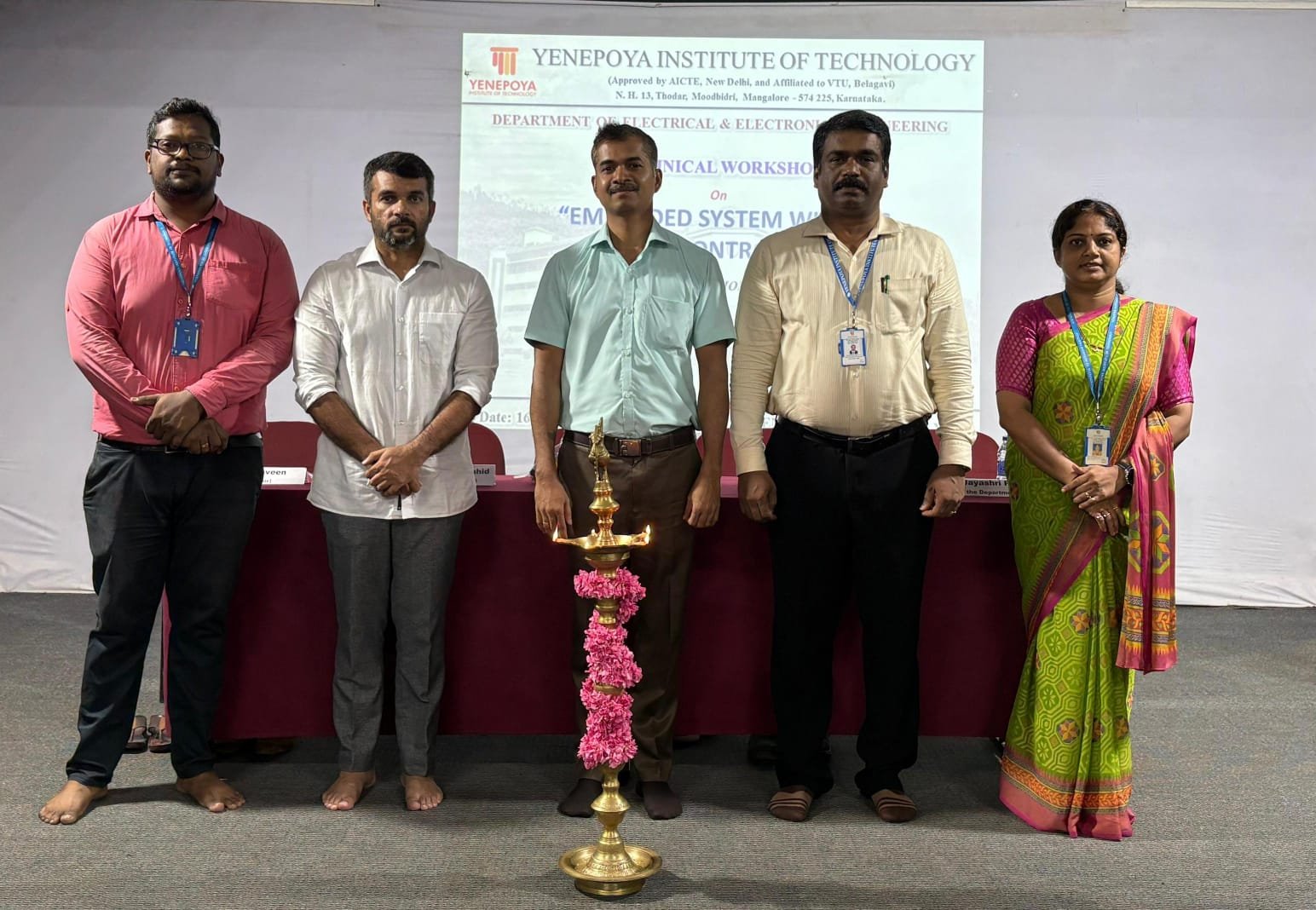
Department of Electrical & Electronics Engineering
The workshop was conducted on May 16, 2025, by Mr. Raghavendra Prabhu, Technical Consultant at Krishitantra, Mangaluru. The session focused on real-time application development using PIC microcontrollers, covering programming, interfacing, and system integration.
Know More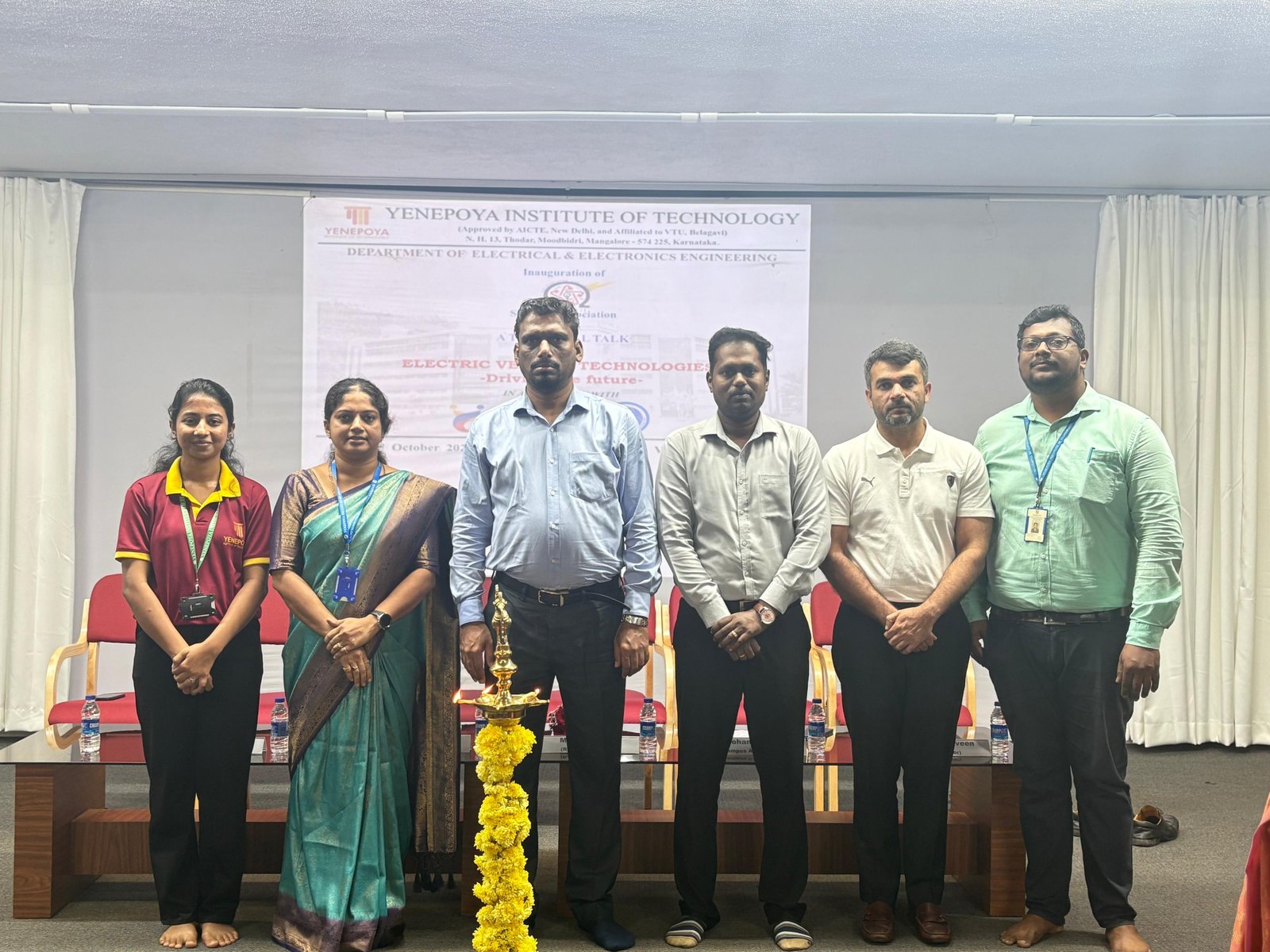
Department of Electrical & Electronics Engineering
The Department of Electrical and Electronics Engineering organized the inauguration of the student association “EMERGE,” followed by a technical talk on “Electric Vehicle Technologies – Driving the Future” on October 31, 2025. Mr. Durairaj D, Product Specialist – EV Technologies, Chennai, was the resource person
Know More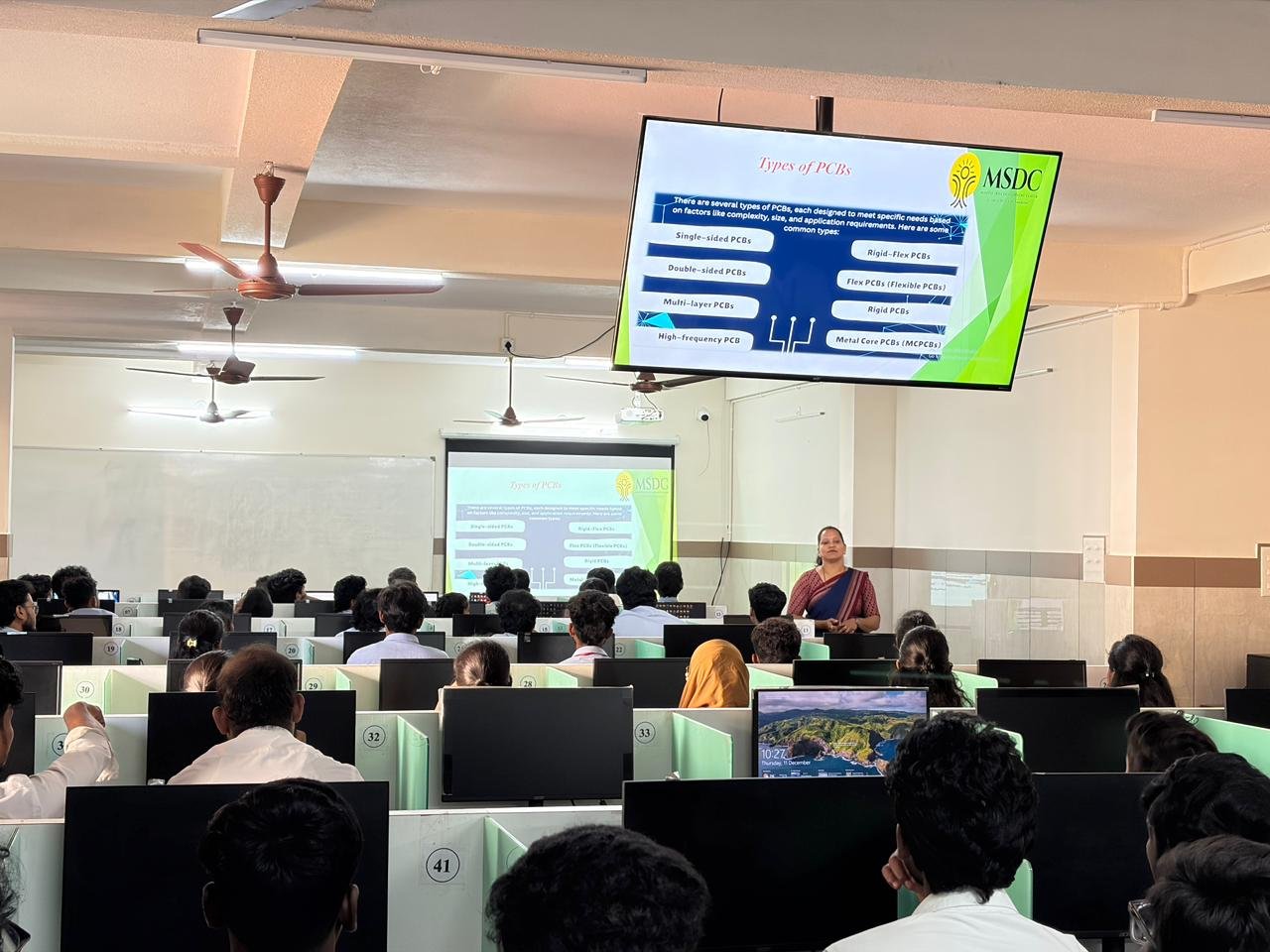
Department of Electrical & Electronics Engineering
The Department of Electrical & Electronics Engineering, in association with the EMERGE student association, organized a one-day technical workshop on “PCB Designing and Prototyping.” The resource persons were Ms. Mangala K, School Head, PCB Design & Prototyping Studio, MSDC Manipal, and Mr. Vikash Kumar Jhunjhunwala, Assistant Professor, Department
Know More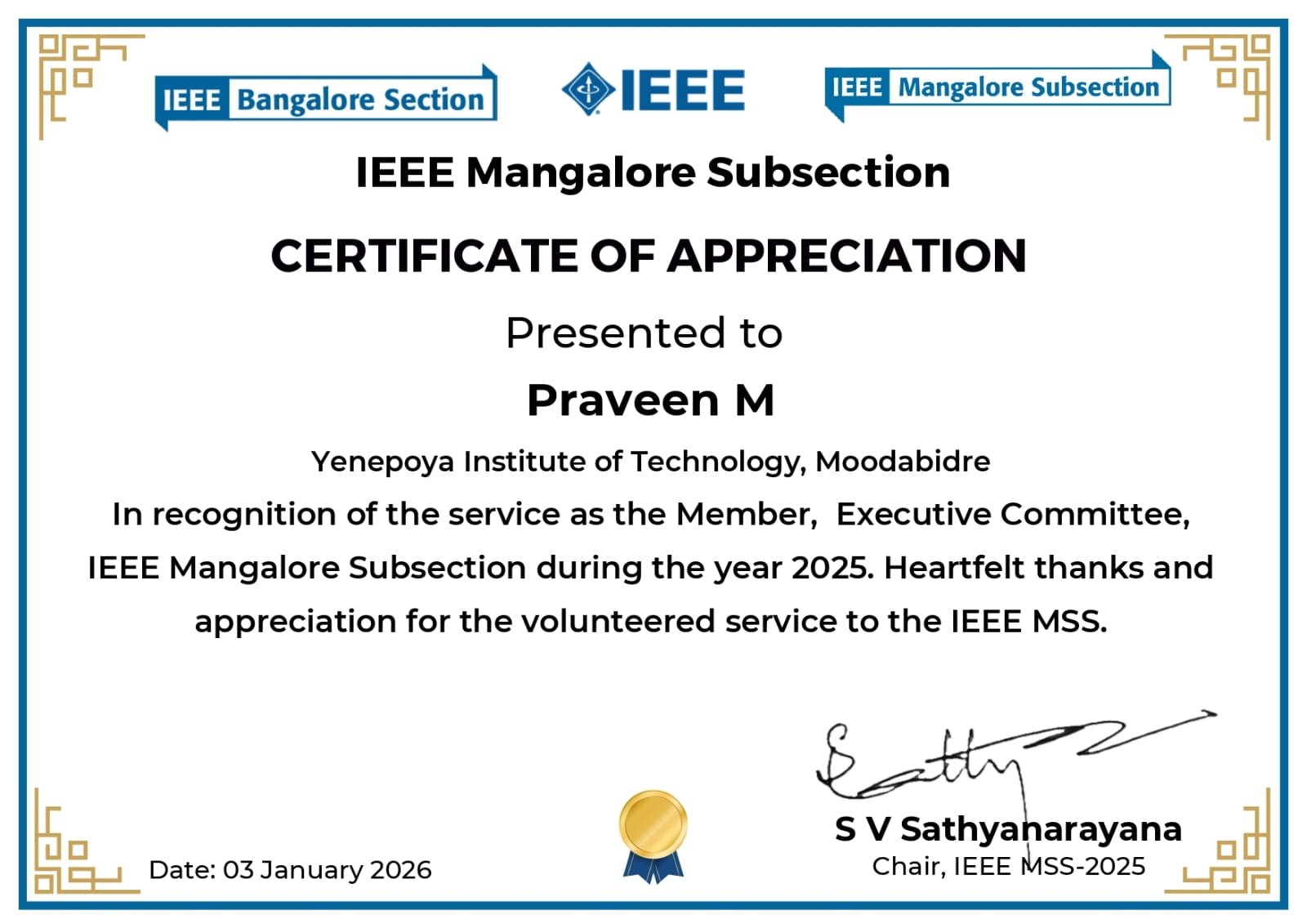
Department of Electrical & Electronics Engineering
Yenepoya Institute of Technology, Moodabidre.In recognition of the service as the Member, Executive Committee, IEEE Mangalore Subsection during the year 2025. Heartfelt thanks and appreciation for the volunteered service to the IEEE MSS.
Know More| Sl No | Academic Year | Total Offers |
|---|---|---|
| 1 | 2017-18 | 23 |
| 2 | 2018-19 | 46 |
| 3 | 2019-20 | 30 |
| 4 | 2020-21 | 13 |
| 5 | 2021-22 | 14 |
| 6 | 2022-23 | 17 |
| 7 | 2023-24 | 27 |